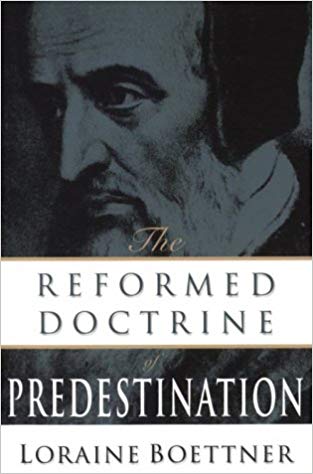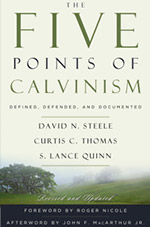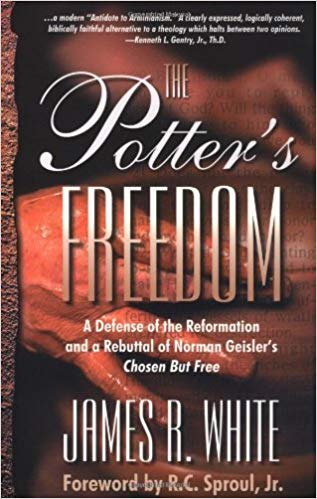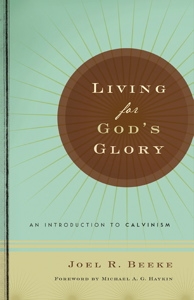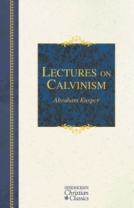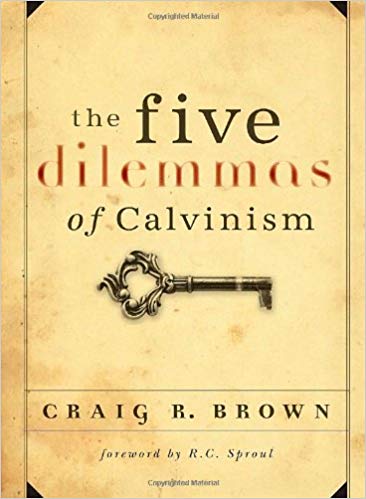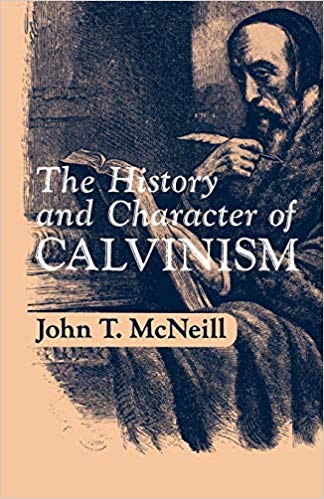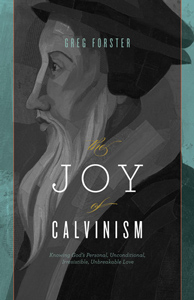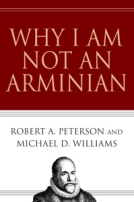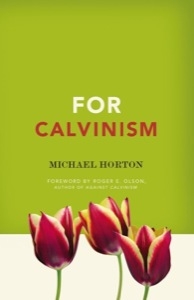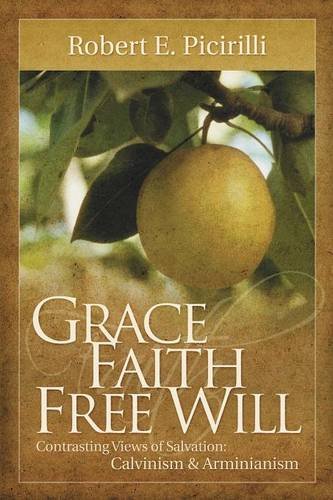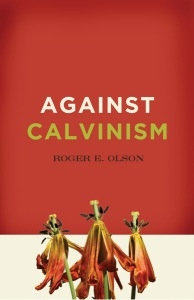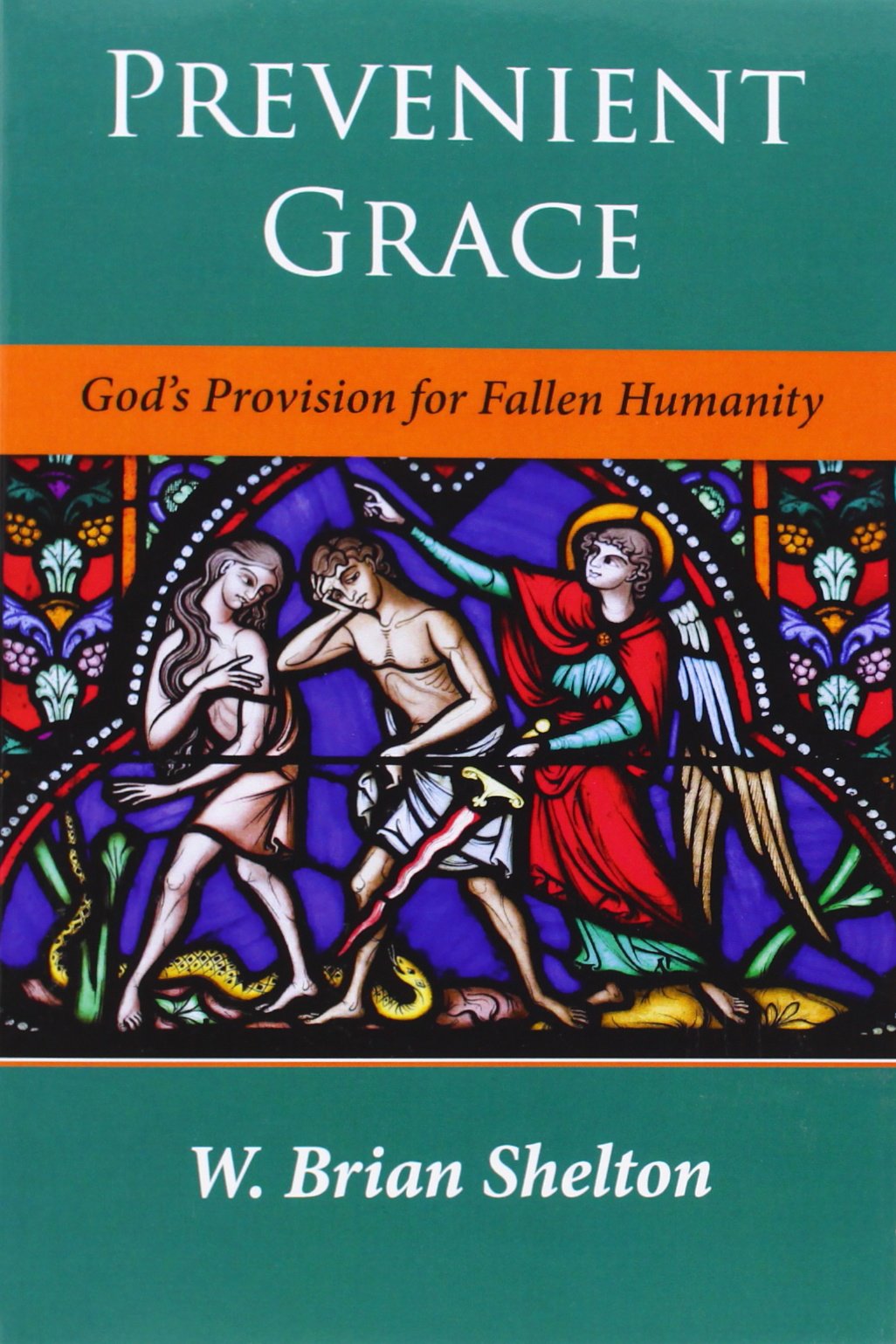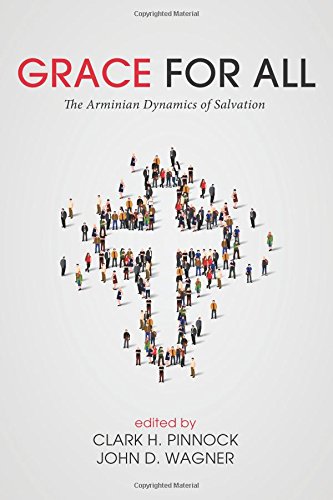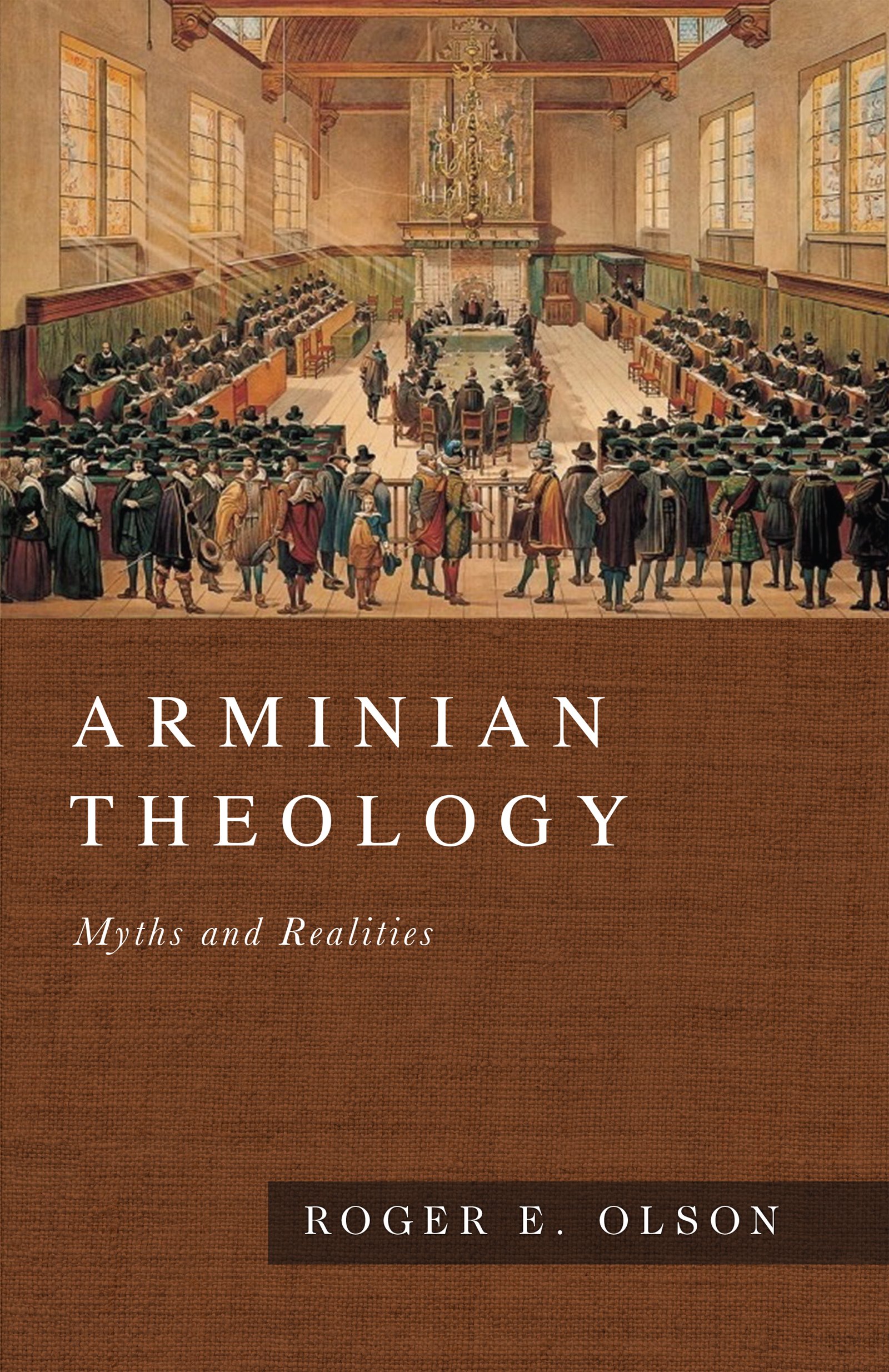Atonement is to be defined in terms of sacrifice, reconciliation, redemption, satisfaction to divine justice, discharge of debt, and thus defined it is for those whom God hath predestinated to life, namely, the elect. They are saved because Christ by his redemptive work secured their salvation. The finally lost are not within the embrace of that salvation secured, and therefore they are not within the embrace of that which secures it, namely, the redemption wrought by Christ. It is just here that the difference between Arminianism and Calvinism may be most plainly stated. Did Christ die and offer Himself a sacrifice to God to make the salvation of all men possible, or did He offer Himself a sacrifice to God to secure infallibly the salvation of His people? Arminians profess the former and deny the latter; our Standards in accordance, as we believe, with Holy Scripture teach the latter.
The term ‘limited’ atonement has given much offense. It may not indeed be the most fortunate terminology. It is capable of misunderstanding and misrepresentation. Some for this reason may prefer the terms ‘definite’ or ‘particular’ atonement. But what we are particularly insistent upon defending is that which the term historically used connotes, and so if the disuse of the term ‘limited’ is calculated to create the impression that we have renounced the doctrine of which the term is the symbol, if in other words the disuse is calculated to placate the enemies of our Reformed Faith, then we must resolutely refuse to refrain from its use. The atonement is limited, because in its precise intention and meaning and effect it is for those and for those only who are destined in the determinate purpose of God to eternal salvation. We may well bless God that this is not a meagre company, but a multitude whom no man can number out of every nation and kindred and people and tongue.
Let it not be thought that the Arminian by his doctrine escapes limited atonement. The truth is that he professes a despicable doctrine of limited atonement. He professes an atonement that is tragically limited in its efficacy and power, an atonement that does not secure the salvation of any. He indeed eliminates from the atonement that which makes it supremely precious to the Christian heart. In B. B. Warfield’s words, ‘the substance of the atonement is evaporated, that it may be given a universal reference’. What we mean is, that unless we resort to the position of universal restoration for all mankind — a position against which the witness of Scripture is decisive — an interpretation of the atonement in universal terms must nullify its properly substitutive and redemptive character. We must take our choice between a limited extent and a limited efficacy, or rather between a limited atonement and an atonement without efficacy. It either infallibly saves the elect or it actually saves none.
It is sometimes objected that the doctrine of limited atonement makes the preaching of a full and free salvation impossible. This is wholly untrue. The salvation accomplished by the death of Christ is infinitely sufficient and universally suitable, and it may be said that its infinite sufficiency and perfect suitability grounds a bona fide offer of salvation to all without distinction. The doctrine of limited atonement any more than the doctrine of sovereign election does not raise a fence around the offer of the gospel. The overture of the gospel offering peace and salvation through Jesus Christ is to all without distinction, though it is truly from the heart of sovereign election and limited atonement that this stream of grace universally proffered flows. If we may change the figure, it is upon the crest of the wave of the divine sovereignty and of limited atonement that the full and free offer of the gospel breaks upon our shores. The offer of salvation to all is bona fide. All that is proclaimed is absolutely true. Every sinner believing will infallibly be saved, for the veracity and purpose of God cannot be violated.
The criticism that the doctrine of limited atonement prevents the free offer of the gospel rests upon a profound misapprehension as to what the warrant for preaching the gospel and even of the primary act of faith itself really is. This warrant is not that Christ died for all men but the universal invitation, demand and promise of the gospel united with the perfect sufficiency and suitability of Christ as Saviour and Redeemer. What the ambassador of the gospel demands in Christ’s name is that the lost and helpless sinner commit himself to that all-sufficient Saviour with the plea that in thus receiving and resting upon Christ alone for salvation he will certainly be saved. And what the lost sinner does on the basis of the warrant of faith is to commit himself to that Saviour with the assurance that as he thus trusts he will be saved. What he believes, then, in the first instance is not that he has been saved, but that believing in Christ salvation becomes his. The conviction that Christ died for him, or in other words that he is an object of God’s redeeming love in Christ, is not the primary act of faith. It is often in the consciousness of the believer so closely bound up with the primary act of faith that he may not be able to be conscious of the logical and psychological distinction. But nevertheless the primary act of faith is self-committal to the all-sufficient and suitable Saviour, and the only warrant for that trust is the indiscriminate, full and free offer of grace and salvation in Christ Jesus.
Part of an article which formed a series from Murray’s pen entitled ‘The Reformed Faith and Modern Substitutes’ in The Presbyterian Guardian, 1935-36.

